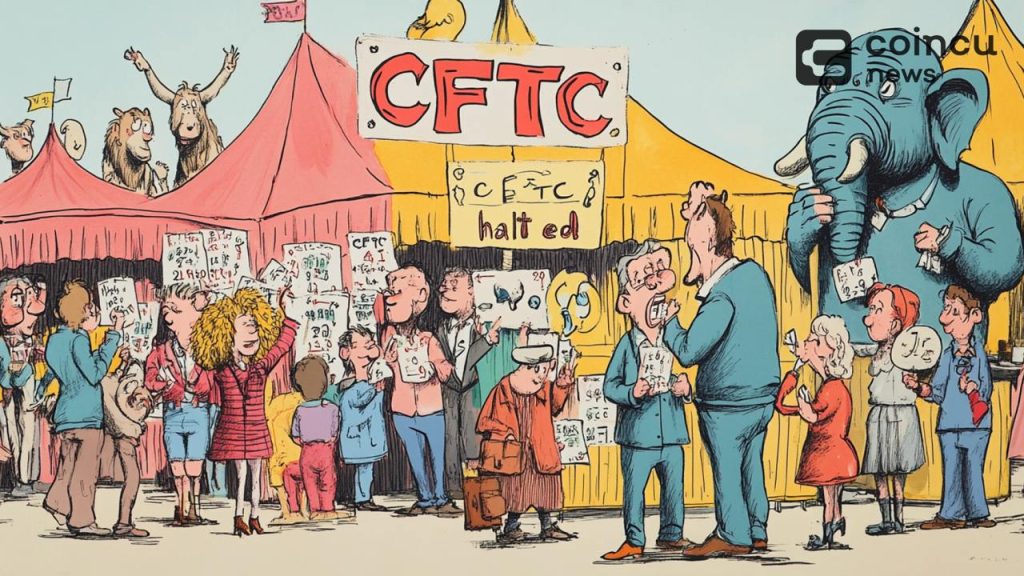Key points:
- A U.S. federal appeals court halted Kalshi’s political prediction markets after the CFTC filed an emergency stay, challenging a lower court ruling that favored Kalshi.
- Kalshi had launched political prediction contracts, but the legal battle with the CFTC over the legitimacy of such markets has paused trading while the case is reviewed.
Kalshi political prediction markets were halted by a federal appeals court, following a CFTC emergency stay, pending further legal decisions on the future of these contracts.

Kalshi Political Prediction Markets Halted by Court
A U.S. federal appeals court has halted Kalshi’s political prediction markets after the Commodity Futures Trading Commission (CFTC) filed an emergency stay. The decision comes as the CFTC continues to challenge a lower court ruling that allowed Kalshi to launch contracts predicting the outcome of the U.S. elections.
Kalshi listed contracts predicting which party would control the House and Senate, but trading was halted during the proceedings. Judge Jia Cobb initially sided with Kalshi, saying the CFTC had exceeded its authority in banning the markets. However, the appeals court has now halted the contracts while it considers the CFTC’s move.
Read more: Uniswap Labs Settlement With CFTC Completes $175,000 Fine
Legal Battle Over Kalshi’s Political Prediction Markets Continues
Kalshi’s political prediction markets face further regulatory hurdles, as the CFTC argues that allowing such markets could harm the public interest. Kalshi, on the other hand, claims that elections do not fall under the “gaming” category, which would make its contracts legal under CFTC regulations. The case is ongoing, with Kalshi expected to file a response with the appeals court.
The CFTC is also creating broader rules to ban political prediction markets in the United States, citing concerns about fraud in election-related markets. Meanwhile, Kalshi’s contracts remain on hold as the court weighs the case’s merits.
| DISCLAIMER: The information on this website is provided as general market commentary and does not constitute investment advice. We encourage you to do your own research before investing. |






















